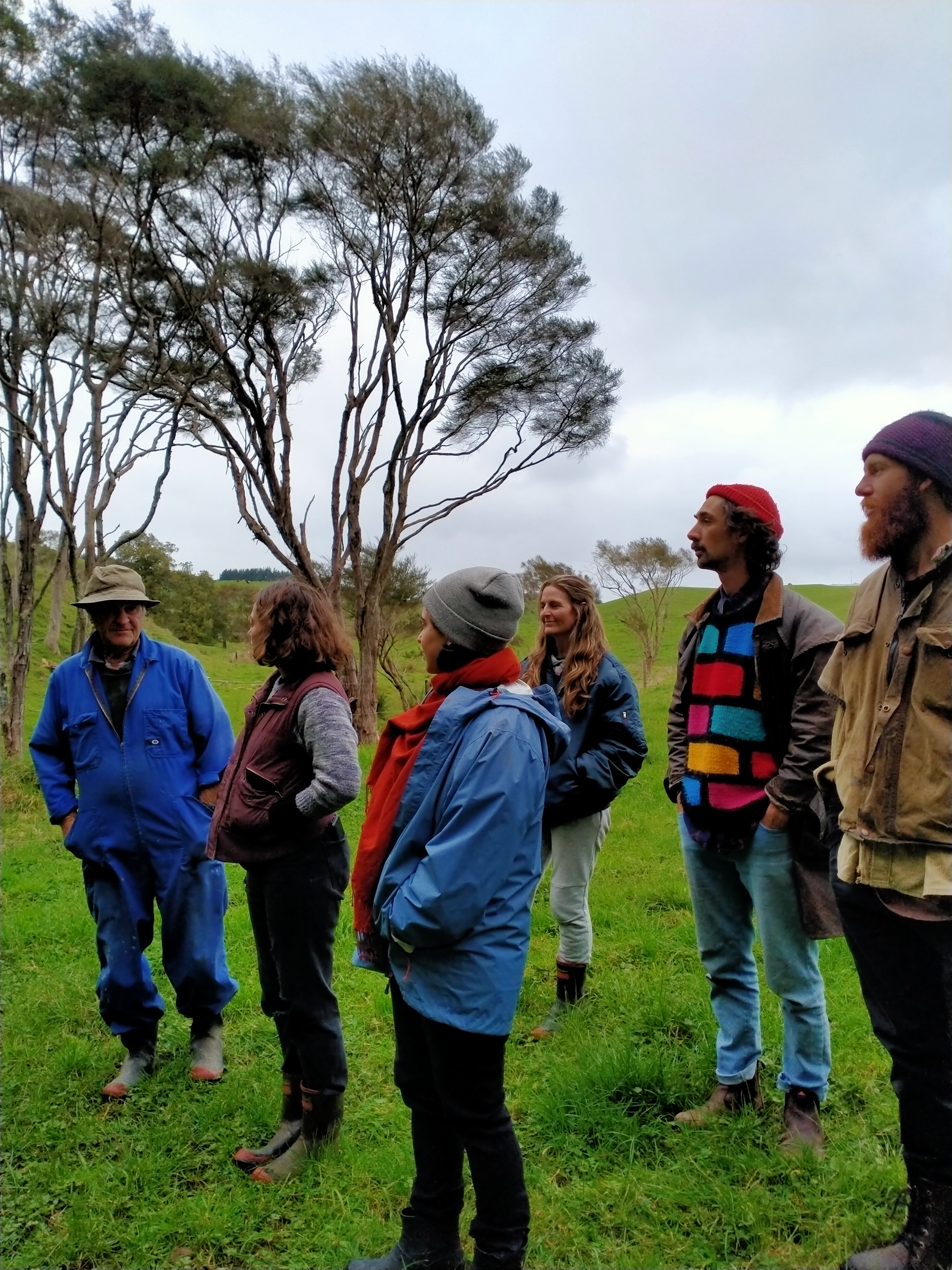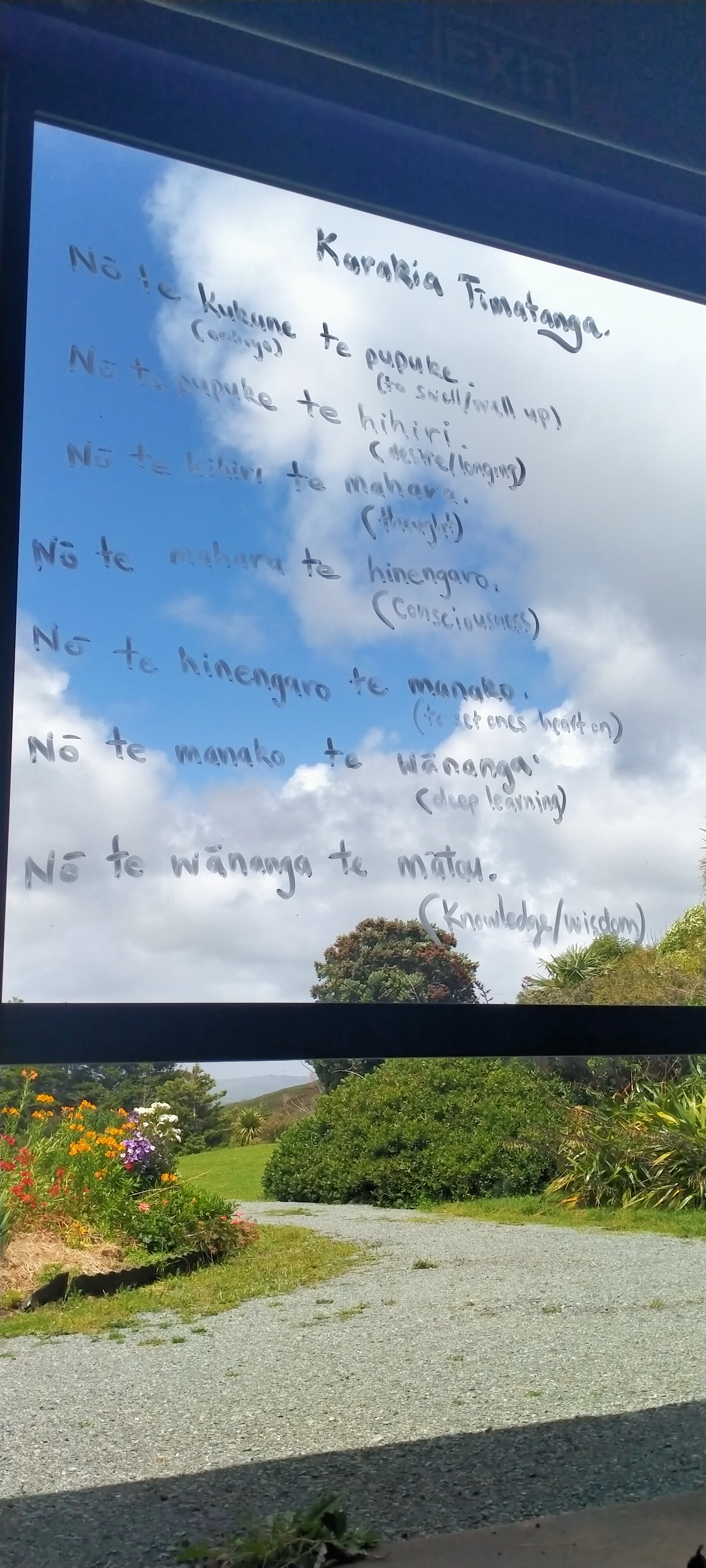ngahine
Core values
- Tino rangatiratanga - self-determination
- Whanaungatanga – relational connection
- Waihanga – creativity
- Tūhura - discovery
- Mātauranga - knowledge

Ethics
- Justice
- Fairness
- Autonomy
Explain a situation where you have had an ethical decision to make. Discuss how you weighed up the values involved in that decision, the decision you made and the consequences of the action you took.
I make an ethical decision every time I choose to buy food from the supermarkets. I'm aware of every step of the food chain from its environmental factors of producing the food to its treatment of animals. I highly value organic food, sustainability and animal welfare but I know it's not that easy to live that lifestyle in todays economy where we depend on supermarket chains to feed ourselves. We make the decision to choose between cheap and unethical than more pricey and organic. Learning to grow your own food, buying locally and from organic and regenerative farms is just some of the steps I've taken in making more ethical decisions around food.
How my culture has influenced my values and identity
"Ehara taku toa, he takitahi, he toa takitini"
"My success should not be bestowed onto me alone, as it was not individual success but success of a collective"
Being Māori has heavily influenced my values and identity. I believe there is more value in a fair and collective system where everyones individual skills, passions and strengths are built upon within a community rather than striving for individual success. I don't feel connected to a single identity as I am reflective of the environment around me.
Identifying strengths and limitations in terms of your learning and career development
Strengths:
Critical thinking - I seek out knowledge and look at things from all sides in order to get to the truth, make a judgement or solve a problem.
Social justice - I'm actutely aware of the inequities in society and is a core thing that drives me.
Limitations:
Communication - I have limitations to the way I try to communicate information I have gathered and put my ideas into action. This has affected my career development in not being able to push myself to my potential.
Share an example from your experience of where you were trying to work productively with others, but there was resistance or tension. Discuss the strategies you used at that time, how effective they were, and your reflections on what other strategies you would try now, and why.
An experience I have was when I spent a year in Raglan in a small Māori community. I was part of a group of 20-30+ year olds that were granted an opportunity to engage in an experiement of living collectively on the land while making a living. Learning sustainable practices and growing organic kai while based in Māori kaupapa.

We got to set our own curriculum and working standards through the exploration of Ako, which is the experience of to teach and learn through experience, intergenerational and passion-led learning and shared collective values.
We came across many hurdles and difficulties along the way in trying to achieve a collective balance.
- Even though we were given the freedom to choose how we wanted to work we had a very loose framework and had trouble balancing freedom and responsibilities.
- There was still an imbalance of power dynamic between what we wanted to do and what the owner of the land and head of the organization wanted. This is a very common problem within communities is the distrubution of power.
Our strategies in solving problems:
- Ako - Acknowledging the teacher and student are one in the same.
- Maramataka - Targeting our schedule and rest days around the natural cycles and Māori tradtion of the lunar cycles and seasonal change.
- Wānanga - Group and individual reflection. Having everyones voices heard and reaching a collective concensus and shared goal. There was no limit of time for this and sometimes would take days if it had to.
- Whānaungatanga - Always remaining connected even when in conflict.
- Tikanga Māori - We established and agreed on our group tikanga(customs) at the beginning so we all knew how to operate within the group and could continuously refer back to our commitment.
- Kaupapa Māori - Having a shared vision and goal in projects we wished to achieve.
10/10 experience.
